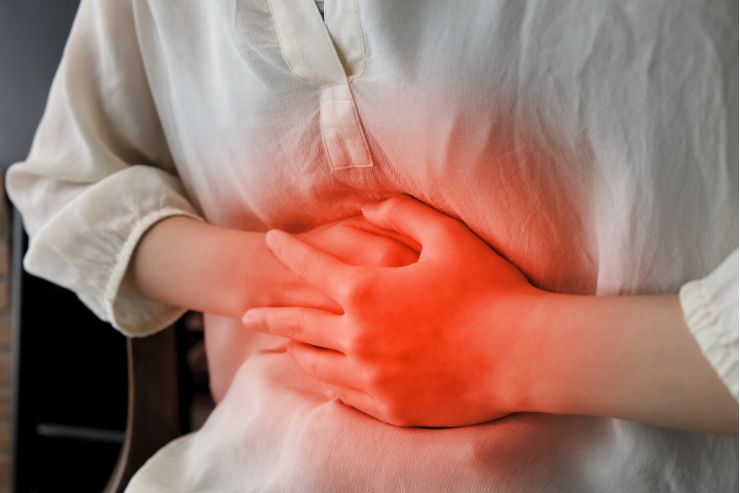
Dysmenorrhoea, commonly known as menstrual cramps or painful periods, refers to the pain and discomfort that many women experience before or during menstruation. While menstrual cramps are common, severe dysmenorrhoea can significantly impact daily activities and quality of life. The primary cause of dysmenorrhoea is the release of prostaglandins, hormone-like substances that trigger uterine contractions to expel the lining of the uterus during menstruation. Higher levels of prostaglandins can lead to stronger and more painful contractions, resulting in menstrual cramps.
Primary Dysmenorrhoea: This type of dysmenorrhoea is not associated with any underlying medical condition. It typically begins shortly after a woman starts menstruating during adolescence and may improve with age or after childbirth.
Secondary Dysmenorrhoea: This type of dysmenorrhoea is caused by an underlying medical condition such as endometriosis, fibroids, pelvic inflammatory disease (PID), or adenomyosis. Treatment of the underlying condition is necessary to alleviate symptoms.
Symptoms
Symptoms of dysmenorrhoea may include:
Management and Treatment
Management of dysmenorrhoea depends on its severity and underlying cause:
